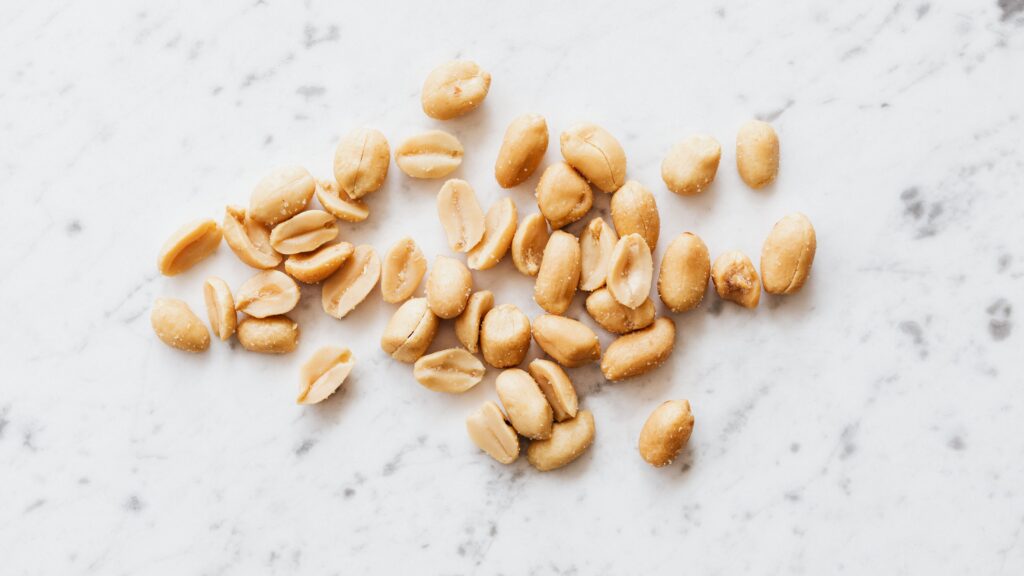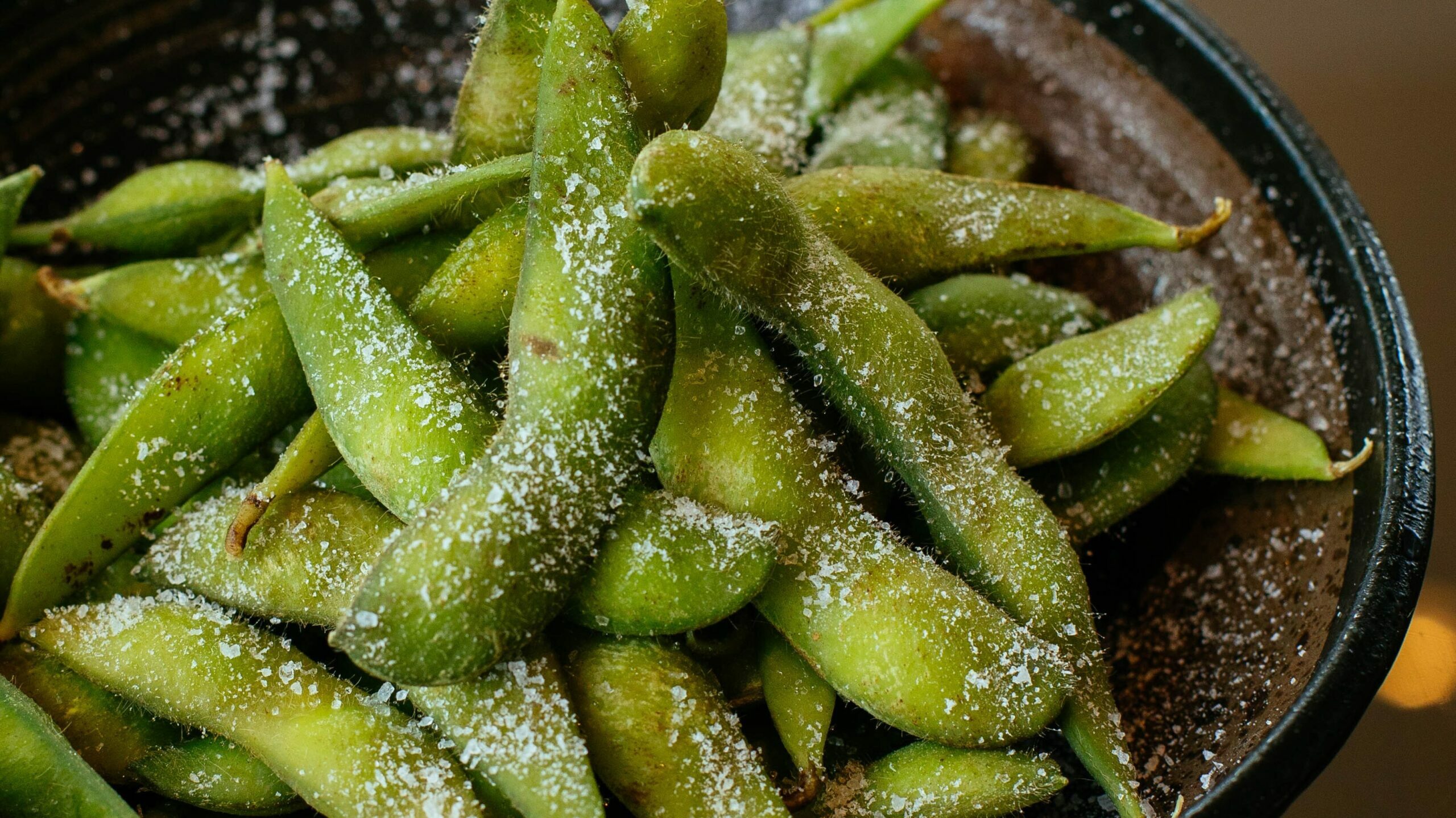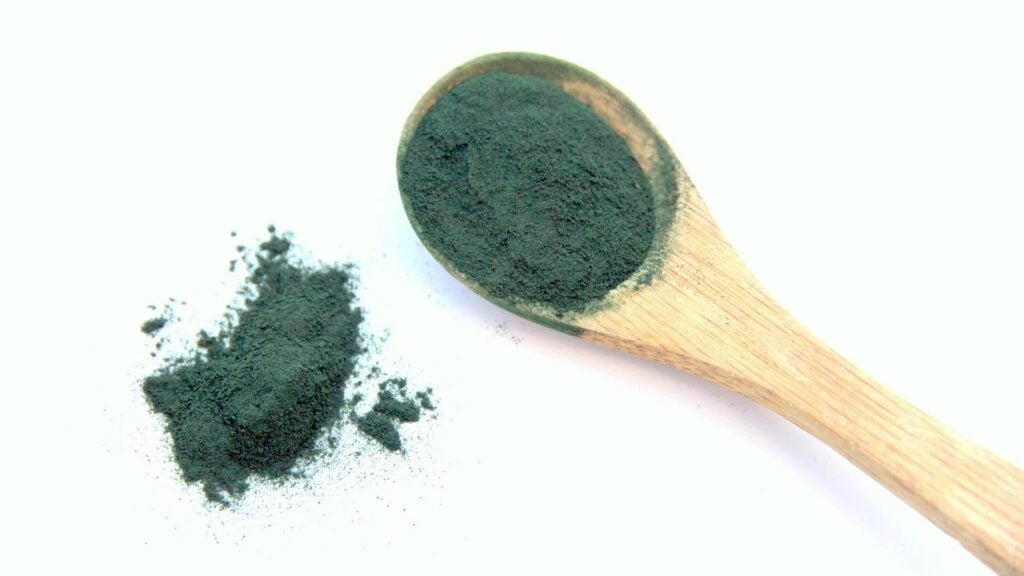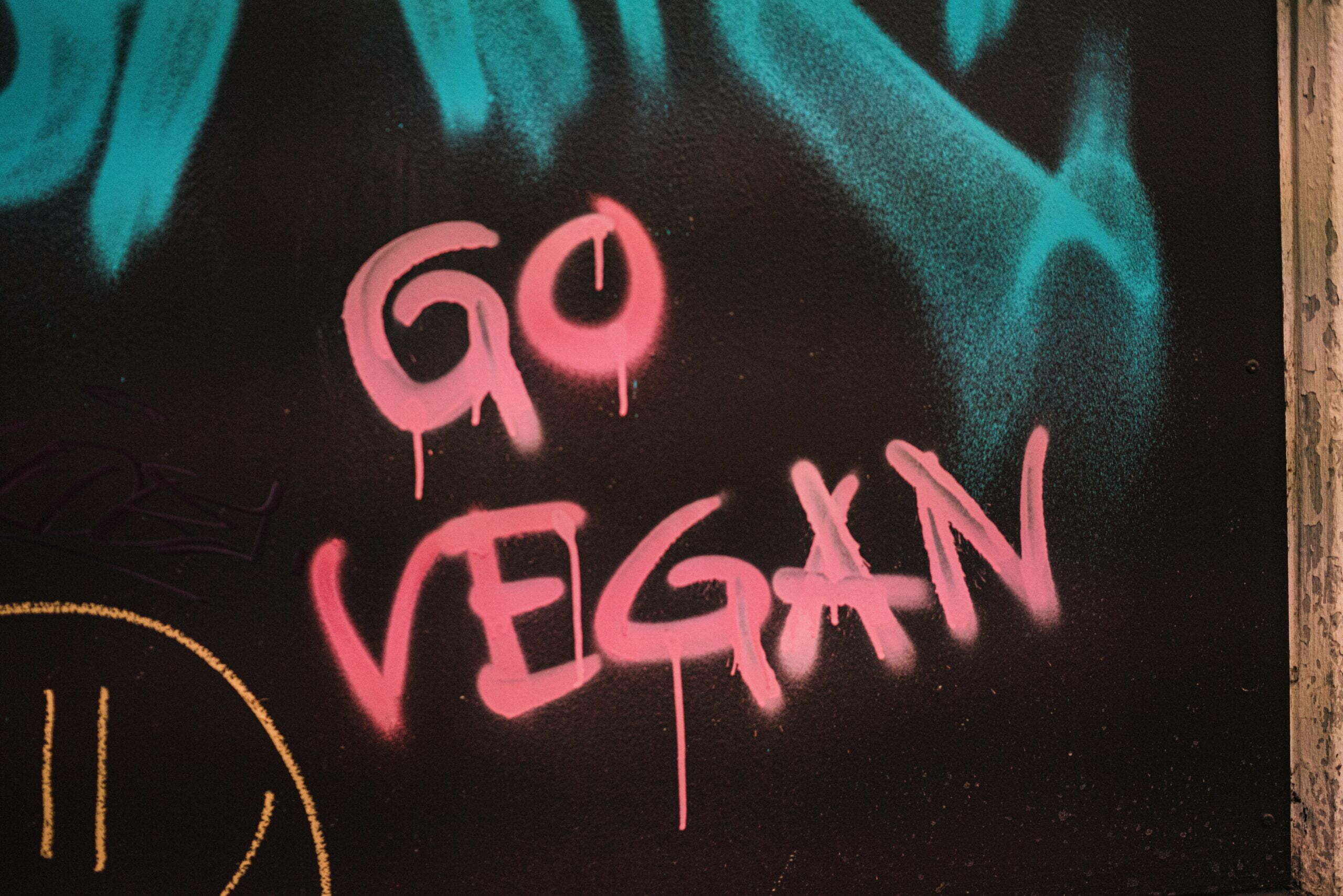This article is especially for those who are vegan or thinking of it because of its health benefits as this article is about the best protein sources for Vegans.
A common concern about vegetarian and vegan diets is that they may lack sufficient protein. However, many experts agree that a well-planned meatless diet can provide all the nutrients you need, including protein.
That said, certain plant foods contain significantly more protein than others, and new and older studies alike suggest that higher protein diets can promote muscle strength, feelings of fullness, and weight loss.
So here goes the list of the 8 best protein sources for vegans:
1. Hemp seeds

Hemp seeds come from the Cannabis sativa plant, which is sometimes maligned for belonging to the same family as the cannabis plant.
But hemp seeds contain only trace amounts of tetrahydrocannabinol (THC), the compound that produces the psychoactive effects of cannabis.
Although hemp seeds aren’t as well-known as other seeds, they contain 9 grams of protein in each 3-tablespoon (30-gram) serving.
Hemp seeds also contain high levels of magnesium, iron, calcium, zinc, and selenium. What’s more, they’re a good source of omega-3 and omega-6 fatty acids in the ratio considered optimal for human health.
Interestingly, some studies indicate that the type of fats found in hemp seeds may help reduce inflammation and alleviate symptoms of premenstrual syndrome, menopause, and certain skin conditions.
You can add hemp seeds to your diet by sprinkling some in your smoothie or morning muesli. They can also be used in homemade salad dressings, granola, energy balls, or protein bars.
2. Chickpeas

Cooked chickpeas are high in protein, containing around 7.25 g per ½ cup.
Chickpeas can be eaten hot or cold, and are highly versatile with plenty of recipes available online. They can, for example, be added to stews and curries, or spiced with paprika and roasted in the oven.
A person can add hummus, which is made from chickpea paste to a sandwich for a healthful, protein-rich alternative to butter.
3. Peanuts

Peanuts are protein-rich, full of healthful fats, and may improve heart health. They contain around 20.5 g of protein per ½ cup.
Peanut butter is also rich in protein, with 3.6 g per tablespoon, making peanut butter sandwiches a healthful complete protein snack.
Also read high fiber foods to help you lose weight>>>
4. Pulses

A pulse is actually an edible seed that grows in a pod, and this, therefore, includes all beans, peas, and lentils. These make a great, low-fat, and affordable source of plant protein and provide plenty of variety. Different pulses include:
- Lentils including puy, green, and red: around 8-9g of protein per 100g
- Chickpeas, including hummus: 7g of protein per 100g
- Garden peas – around 7g per 100g
- Beans, including black-eyed, pinto, butter, cannellini, soya, edamame, and kidney: between 7-10g protein per 100g
- Baked beans do count as a good source of protein but keep an eye on the salt content: 5g per 100g.
5. Seitan

This meaty vegan staple is mostly made from vital wheat gluten which is extremely high in protein. There’s a whopping 18 grams of protein in a mere two-ounce serving of seitan. Many vegan meats rely on seitan for their chewy texture, but you can also purchase it in its original form and season to your tastes (try Upton’s Naturals). Those who enjoy DIY can make their own seitan fairly easily. Here’s a recipe if you’re into that.
6. Tofu

The protein content of tofu fluctuates slightly, as it depends on the type of tofu you buy. The firmer the tofu, the more protein, as firm tofu is more concentrated than the softer options. For example, a three-ounce serving of extra-firm tofu contains nine grams of protein, while silken tofu hovers around four grams. Many brands (like Wildwood) also offer a high protein variety, and those contain upwards of 14 grams of protein.
7. Edamame

These lightly boiled or steamed soybeans — often served still in their shell — make a great snack or appetizer. One cup of edamame (not in its shell) packs 18 grams of protein. The even better news? Whole soy is a complete protein, which means it provides all the amino acids your body needs but can’t make on its own.
8. Spirulina

This blue-green algae is definitely a nutritional powerhouse.
A 2-tablespoon (14-gram) serving provides 8 grams of complete protein, in addition to covering 22% of your daily requirements for iron and 95% of your daily copper needs.
Spirulina also contains high amounts of magnesium, riboflavin, manganese, potassium, and small amounts of most of the other nutrients your body needs, including essential fatty acids.
According to some test-tube and animal studies, phycocyanin, a natural pigment found in spirulina, also appears to have powerful antioxidant, anti-inflammatory, and anti-cancer properties.
Furthermore, studies link consuming spirulina to health benefits ranging from a stronger immune system and reduced blood pressure to improved blood sugar and cholesterol levels.
Still, we need more human studies before we can draw conclusions on all of the spirulina’s health claims. Get the best organinc spirulina here.
The bottom line
Protein deficiencies among vegetarians and vegans are uncommon, especially for those following a healthy, well-planned diet.
Still, some people may be interested in increasing their plant protein intake for a variety of reasons.
This list can be used as a guide for anyone interested in incorporating more plant-based proteins into their diet.

